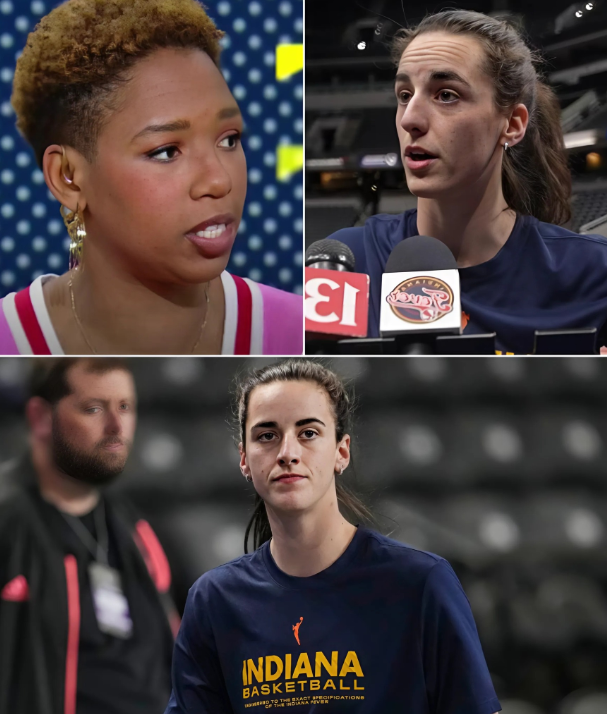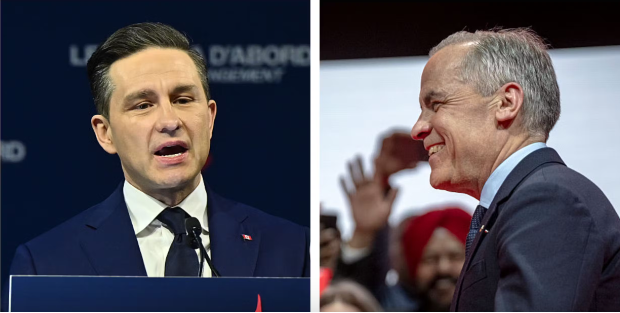
Sheila Johnson, co-owner of the Washington Mystics, has sparked intense backlash following her remarks about Caitlin Clark’s recognition in the WNBA. During a public event, Johnson criticized Time magazine for spotlighting Clark as the face of the league, arguing that such singular attention detracts from the accomplishments of other players. Her comments have ignited heated discussions, with many fans accusing her of downplaying Clark’s phenomenal rookie season, which has been celebrated as a transformative moment for women’s basketball.
The controversy quickly spilled onto social media, where fans voiced their displeasure. Critics argued that Johnson’s perspective undermines the league’s strategy of using star players to grow its audience. Caitlin Clark, known for her record-breaking rookie performances and electrifying presence on the court, has been a key figure in attracting new fans and sponsors to the WNBA. Many believe Johnson’s comments fail to acknowledge the role individual stars play in elevating the league’s visibility and appeal.
Supporters of Clark emphasized that celebrating standout players doesn’t diminish the collective achievements of others but instead brings broader attention to the league. “Caitlin Clark isn’t just an athlete; she’s a cultural icon,” one fan noted, highlighting her ability to draw attention to women’s basketball on a global scale. Some WNBA players have subtly defended Clark, emphasizing that her success contributes to the league’s overall growth rather than creating division.
Despite the criticism, Johnson has yet to issue a formal response. Some supporters have come to her defense, suggesting her comments were misinterpreted. They argue that her critique was aimed at encouraging more balanced media coverage that highlights the diversity of talent within the WNBA, rather than focusing exclusively on one player. This perspective suggests Johnson’s intention was to advocate for equitable recognition rather than to undermine Clark’s contributions.
This incident underscores a broader debate within the WNBA about balancing the promotion of individual stardom with the league’s collective identity. As discussions continue, fans and stakeholders are calling for strategies that celebrate standout players like Caitlin Clark while ensuring the league’s rich pool of talent receives the recognition it deserves. For now, Johnson faces a challenging moment as the WNBA community grapples with how to navigate these competing priorities.





